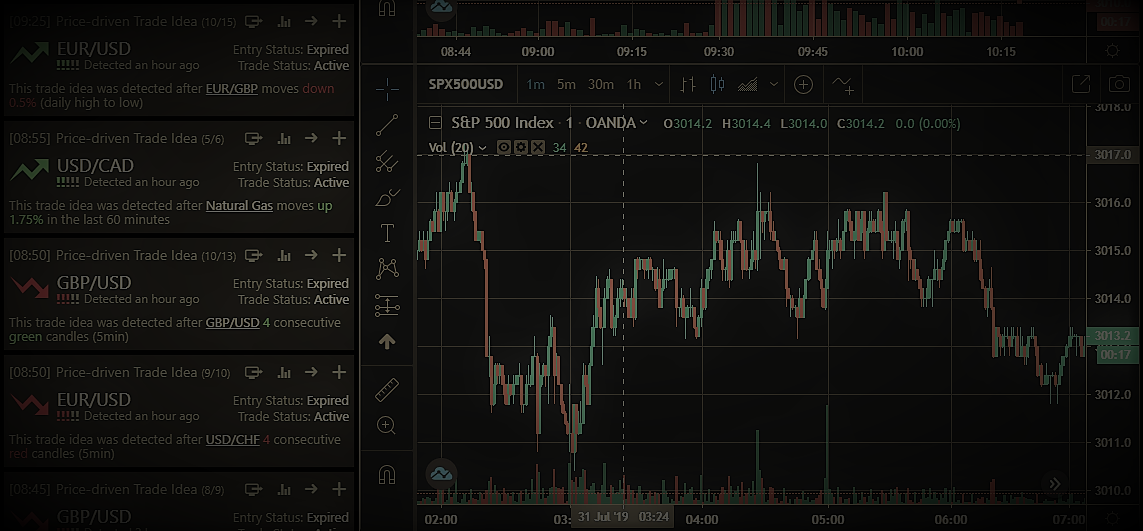Machine learning has a major impact in finance and continues to rapidly grow in power. Before we can dive into the different impacts of machine learning in finance, let’s first explain what machine learning is and why it is so important.
What is Machine Learning?
In simple terms, machine learning is the process of using collected data to make highly educated guesses relating to a wide range of sectors. It uses computer algorithms to improve learning throughout the experience, without being explicitly programmed. Machine learning algorithms use statistics and analysis to find patterns amongst massive amounts of data and are responsible for a majority of the advancements in artificial intelligence. Machine learning is valuable and has such a large impact since computers can essentially learn on their own and make decisions much faster than possible by humans. This is used for medical, financial, and many other industries as well. Almost everyone is affected by machine learning on a daily basis, by either making a Google search or deciding what to watch on Netflix.
Why is machine learning used in finance?
Machine learning is commonly used in finance to automate manual work and ultimately increase productivity. As computers work much faster than humans, machine learning allows companies to increase the scalability of their services, provide to more customers, and at a lower cost.
Some of the most popular uses of machine learning in finance are process automation, security, and algorithmic trading. Process automation is one of the most common uses for machine learning in finance, where the company replaces manual work and repetitive tasks with technology. This allows the company to increase scalability and profitability while also optimizing costs. Some examples of process automation would be paperwork automation, call-center automation, and email automation.
Security has also been impacted substantially with the increase in machine learning. As technology usage is increasing, so are the number of security threats in finance, and machine learning is great at detecting potential fraud. With machine learning algorithms, companies can monitor account behavior and transactions to determine which actions are suspicious. Using machine learning, suspicious behavior can be automatically blocked or the clients can be contacted to prevent fraud in real-time. Detecting fraud has been one of the most useful of machine learning’s endless benefits.
How does algorithmic trading use machine learning?
Another impactful utilization of machine learning is algorithmic trading. Algorithmic trading uses a computer program to follow a set of instructions programmed by the user to place trades. This is very useful as the computer can process much more data and at a higher frequency than possible by humans, therefore generating higher profits. Algorithmic trading has improved significantly with machine learning, as machine learning helps users make better trading decisions. These machine learning algorithms can monitor numerous data and news sources simultaneously, therefore detecting real-time solutions to buy or sell stocks. The more data that is parsed, the more accurate the machine learning models become.
Currently, machine learning algorithms are responsible for millions of trades each day and are continuing to increase in popularity in the finance industry. As you can see, there are numerous uses for machine learning in finance and it has increased efficiency and profits for companies immensely.

















